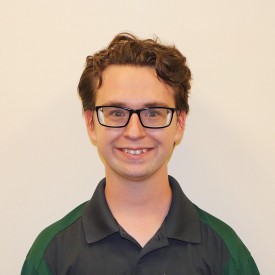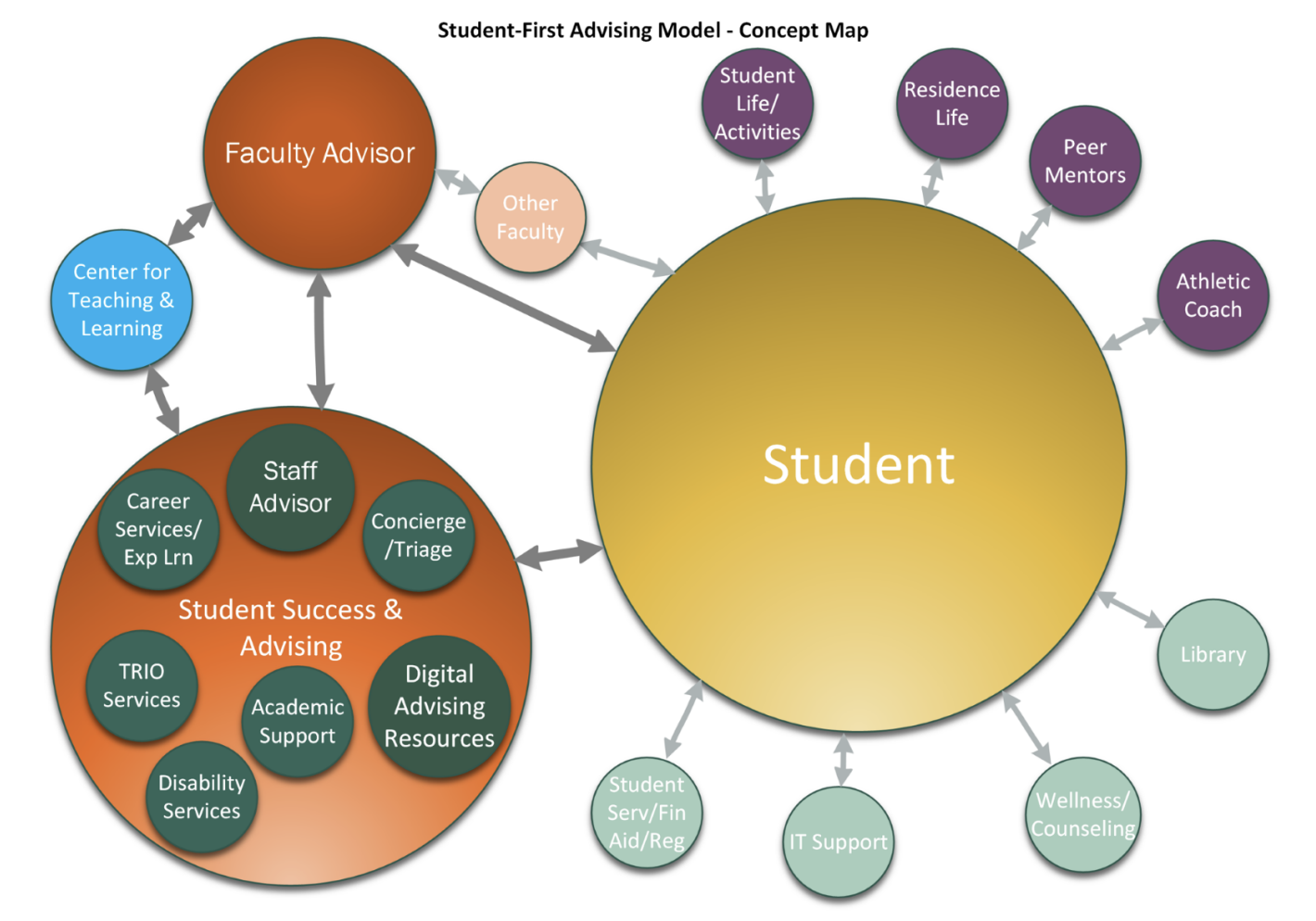The Castleton Center for Teaching and Learning is very pleased to announce the availability of small grants to support faculty members learning about the Scholarship of Teaching and Learning and using it to inquire about their teaching.
The details: Participating faculty will propose a research question about their teaching and student learning and then design a SOTL research project. They will then execute their project during the fall 2022 or spring 2023 semester.
The available grant is $500: $250 payable upon completion of the project design and $250 payable upon presentation of findings.
Timeline:
- September 30, 2022: Proposals consisting of research questions are due.
- November 1, 2022: For accepted projects, research designs are due.
- May 11, 2023: Deadline for presentations of research findings
About the Scholarship of Teaching and Learning
Last spring, the CTL held two workshops of the Scholarship of Teaching and Learning and Action Research:
Part 1: Introduction to Action Research and the Scholarship of Teaching and Learning was presented by Gillian Galle and Monica McEnerny. This workshop provides a broad overview of such projects in K-12 and college contexts with descriptions of projects conducted and overseen by the presenters.
Part 2: Designing Your SOTL Project was presented by Gillian Galle with support from Chris Boettcher. This workshop walks participants through the process of imagining and designing a SOTL project, with detailed emphasis on formulating research questions. Note: the recording is indexed in Yuja for specific reference.
Research Proposals:
Stage 1: Establish a research question
The first task for proposals is to submit a research question and a very brief rationale for why you want to conduct this research. Submission of the question indicates your interest in designing a study. Faculty who submit a question will receive a copy of Engaging in the Scholarship of Teaching and Learning (Stylus 2012) by Cathy Bishop-Clark and Beth Dietz-Uhler. Funds are available to support up to 20 participants.
Your research question should be a clear and succinct question about something specific in your teaching and its effectiveness. For example: In a sophomore-level science chemistry class, will incorporating reflection activities after an exam lead to increased scores on subsequent exams?
You can submit your research question by clicking on this link.
Stage 2: Design your research study
The next task is to design your study. You will be asked to situate your research question in the scholarship of teaching and learning and teaching in your field, describe your study, including how you will collect, store, and analyze data in order to answer your question. You will also be given some questions that will help you assess whether you need to seek IRB approval. A written proposal would likely be 3-4 pages with full explanations in each area.
In most cases, faculty will need to secure IRB approval. Chris and representatives from the IRB team will support you in doing that.
We are looking forward to working with you and supporting your research!



